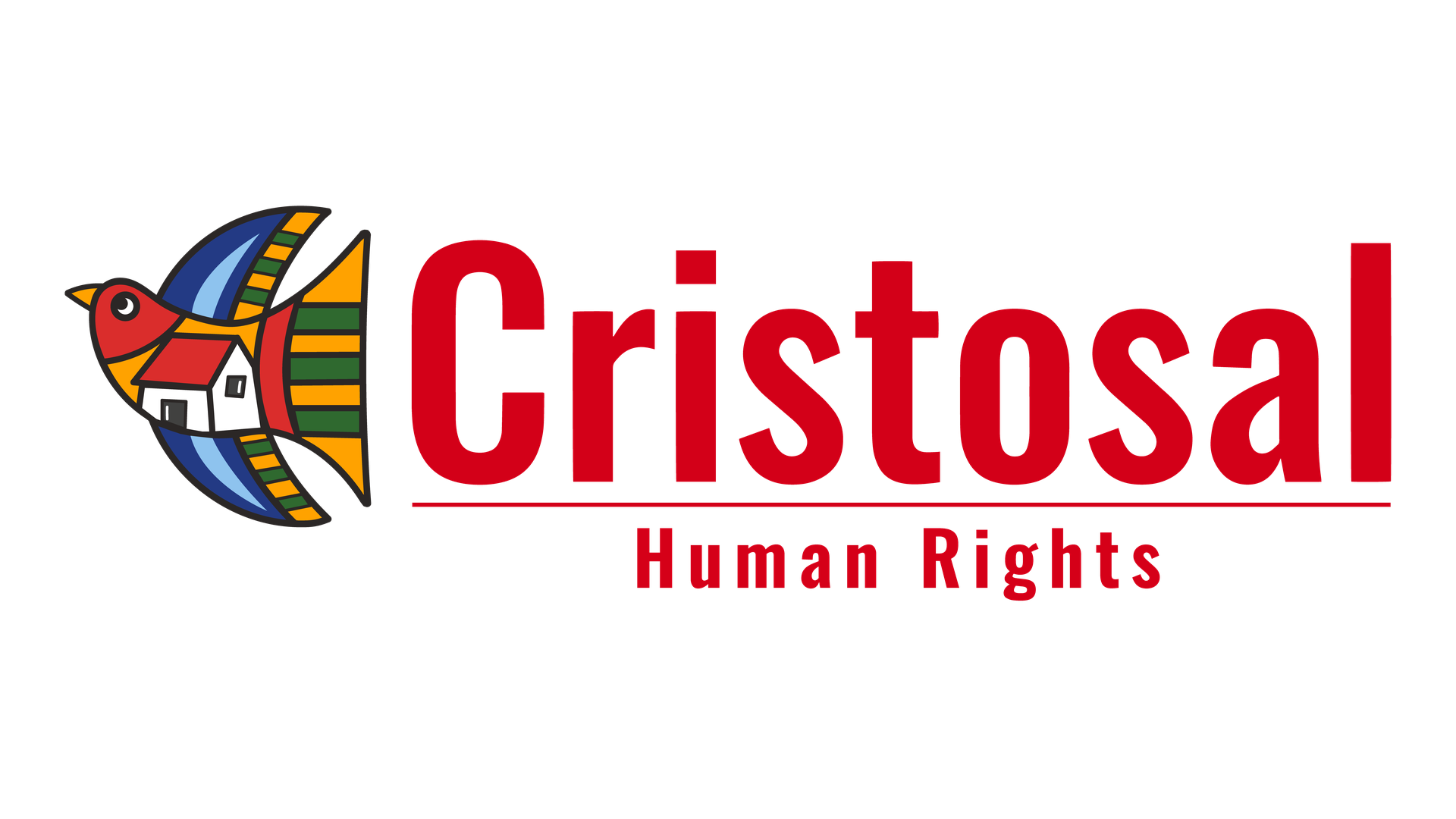During the first dozen years after the coup in Honduras, tThe arrangement between drug traffickers and the Honduran political elite was straightforward and mutually beneficial. On the one hand, political actors received kickbacks or other economic benefits from the projects they awarded. On the other, drug traffickers were afforded new ways to disguise their illicit proceeds, build up their social capital, and fortify their facade as seemingly legitimate business actors. But as the coup presidents opened a window for these corrupt networks to expand their wealth and consolidate power, the environment, and those working to protect it, suffered greatly.
In the nearly 15 years since Honduras was declared open for business, deforestation has increased at an alarming rate alongside the expansion of the extractives industry. During this same time, the country has also seen an unprecedented wave of violence directed at environmental defenders. The non-governmental organization Global Witness recently said that “nowhere on earth are you more likely to be killed for protesting the theft of land and destruction of the natural world than in Honduras.”



